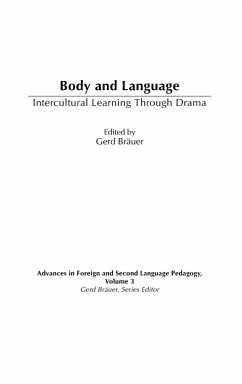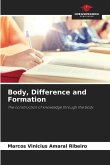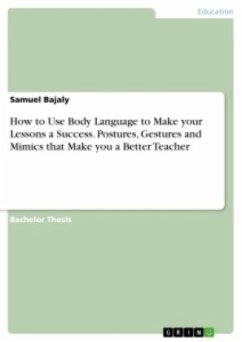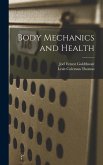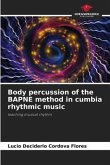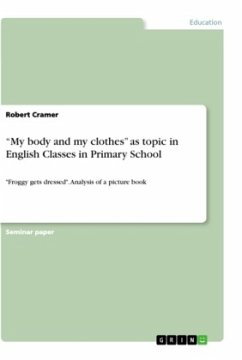Highlights the bridging character of drama-based foreign and second language teaching for intercultural learning. Drama here is not limited to theater-related work, but means the interplay between body and language in general, to include, for example, sports, dancing, singing, and storytelling. The major techniques and curricular structures of educational drama and its application in the foreign and second language classroom are introduced. What are the techniques, methods, strategies, and curricular structures that engage language learners in continuing dialogue between one's own culture and the one yet to be discovered? What comprises the language we speak in order to understand and be understood? Which body is it we communicate through and to? This volume answers these and other questions of the pedagogy of drama-based teaching across the foreign/second language curriculum and on all levels of the educational pyramid. There are two major issues currently discussed in drama-based foreign and second language methodology. The first is goal-oriented, asking whether the acquisition of accuracy or fluency is more important, and whether a controlled (learning through imitation) or an open (through improvisation) learning environment is more efficient. The second issue concerns using drama in language teaching: either its use is process-oriented, where drama becomes an immediate medium for language learning, or product-oriented, where it becomes primarily the reason for language learning. The book outlines the theoretical frameworks of both issues and introduces personal narrative, comparative observation, and analytical reflection, illuminating opportunities for learning at both ends of the seemingly contradictory poles of both issues.
Hinweis: Dieser Artikel kann nur an eine deutsche Lieferadresse ausgeliefert werden.
Hinweis: Dieser Artikel kann nur an eine deutsche Lieferadresse ausgeliefert werden.

